शिक्षकों को सशक्त बनाने और छात्र क्षमता को अनलॉक करने के लिए शिक्षा में एआई का लाभ उठाना
2024 में, आर्टिफिशियल इंटेलिजेंस (एआई) शिक्षा के क्षेत्र में तेजी से प्रमुख उपस्थिति बन गया है। जैसा कि शिक्षक और छात्र समान रूप से इस नए परिदृश्य को नेविगेट करते हैं, सीखने की प्रक्रिया में क्रांति लाने के लिए एआई की क्षमता को समझना महत्वपूर्ण है।
हमारी रोमांचक "द फ्यूचर ऑफ एजुकेशन इंटरव्यू सीरीज़" को मारते हुए, हम शिक्षा क्षेत्र के विशेषज्ञों के साथ बातचीत में गोता लगा रहे हैं। हम सुन रहे हैं कि वे शिक्षा के भविष्य के लिए क्या कल्पना करते हैं और विभिन्न दृष्टिकोणों की खोज करते हैं। इस यात्रा में, Rask एआई इस उज्ज्वल भविष्य की शुरुआत करने में महत्वपूर्ण भूमिका निभाता है।
शुरू करने के लिए, मारिया चमीर, सीईओ और ब्रूस के संस्थापक और Rask एआई, एरिका ट्वानी, एक प्रसिद्ध टेडएक्स स्पीकर और फॉर्च्यून 100 कार्यकारी के साथ बैठ गया। एरिका, जिन्होंने शिक्षा में प्रौद्योगिकी का लाभ उठाने पर दुनिया भर के सरकारी अधिकारियों और शिक्षा नेताओं को सलाह दी है, ने अपनी मूल्यवान अंतर्दृष्टि साझा की कि कैसे एआई शिक्षकों को सशक्त बना सकता है और छात्र क्षमता को अनलॉक कर सकता है। हमारे साथ जुड़ें क्योंकि हम इन व्यावहारिक चर्चाओं के माध्यम से शिक्षा में एआई की परिवर्तनकारी शक्ति को उजागर करते हैं।
शिक्षकों के डर और चिंताओं को संबोधित करना
एआई को शिक्षा में एकीकृत करने में सबसे महत्वपूर्ण चुनौतियों में से एक शिक्षकों की चिंताओं को दूर करना है। ट्वानी बताते हैं, "शिक्षक अक्सर जो प्रश्न पूछते हैं वे हैं: क्या एआई एक उपकरण है जो मुझे बदल देगा? एआई का उपयोग करने के लिए मुझे कितना ज्ञान चाहिए? मैं शिक्षा में किन एआई उपकरणों का उपयोग कर सकता हूं?"
इन आशंकाओं को दूर करने के लिए, शिक्षकों को एआई की क्षमता का प्रदर्शन करना आवश्यक है। ट्वानी एक वास्तविक जीवन का उदाहरण साझा करता है जिसमें एक शिक्षक शुरू में एआई के बारे में झिझकता था लेकिन इसकी क्षमताओं को समझने के बाद इसे गले लगा लिया। "एक बार जब आपने देखा कि चैटजीपीटी अनुभव को समृद्ध कर सकता है और शिक्षकों की रणनीतियों को समृद्ध कर सकता है, तो उसे खरीदा गया था," त्वानी बताती हैं।
एआई एक उपकरण के रूप में, प्रतिस्थापन नहीं
जबकि एआई क्षेत्रों की एक विस्तृत श्रृंखला में महान वादा दिखाता है, ट्वानी जोर देता है,
इसके बजाय, एआई शिक्षकों के कौशल को बढ़ा सकता है और उनकी अनूठी ताकत को बढ़ाने में मदद कर सकता है। ट्वानी एक ऐसे भविष्य की कल्पना करता है जहां एआई ऐसे बॉट बना सकता है जो असाधारण शिक्षकों की सर्वोत्तम प्रथाओं का लाभ उठाते हैं, जिससे दूसरों को प्रशिक्षण के वर्षों से गुजरे बिना उनकी विशेषज्ञता से लाभ उठाने की अनुमति मिलती है।
उदाहरण के लिए, एआई में पाठों को इस तरह से समृद्ध करने की क्षमता है जो पहले संभव नहीं था। यदि कोई छात्र किसी प्रश्न पर अतिरिक्त संदर्भ की तलाश कर रहा है, तो एआई एक ऐतिहासिक उपाख्यान या रूपक प्रदान कर सकता है जो छात्र के साथ प्रतिध्वनित होता है।
एआई के साथ पहुंच, भाषा और शिक्षा के भविष्य की कल्पना करना
जैसा कि एआई शैक्षिक परिदृश्य को आकार देना जारी रखता है, पहुंच और भाषा यह सुनिश्चित करने में महत्वपूर्ण कारक हैं कि हर कोई इन प्रगति से लाभ उठा सके। त्वानी ने शिक्षा को सुलभ बनाने में भाषा के महत्व पर प्रकाश डाला, प्रशंसा की Rask शैक्षिक सामग्री का अनुवाद करने और माता-पिता और छात्रों को सशक्त बनाने में एआई की भूमिका।
Rask एआई, जैसा कि मैं इसे देखता हूं, ऐसा करने का एक उत्कृष्ट काम कर रहा है, "वह नोट करती है। भाषाएं और उपकरण जैसे Rask उदाहरण के लिए, एआई माता-पिता को घर पर अपने बच्चों का समर्थन करने के लिए सशक्त बना सकता है। और यह छात्रों को उन अवधारणाओं को समझने में भी मदद कर सकता है जो अन्यथा खो जाएंगी यदि आप उनका अनुवाद नहीं कर सकते हैं।
भविष्य को देखते हुए, ट्वानी एक ज्वलंत तस्वीर पेश करता है कि एआई शिक्षा को कैसे बदल सकता है। वह एक ऐसे परिदृश्य का वर्णन करती है जहां समुद्र के प्लास्टिक को साफ करने के तरीके पर शोध करने वाले मध्य विद्यालय के छात्र एक अवधारणा पत्र बनाने, संभावित निवेशकों को खोजने, प्रस्तुतियों को विकसित करने और यहां तक कि एक ऐप प्रोटोटाइप करने के लिए एआई का लाभ उठा सकते हैं - इन क्षेत्रों में औपचारिक प्रशिक्षण के बिना।
"ये छात्र पर्यावरण सफाई के विशेषज्ञ नहीं हैं," त्वानी बताते हैं। वे प्रस्तुति डिजाइनर या कोडर नहीं हैं; वे कभी इस दुनिया के संपर्क में नहीं आए। लेकिन एक बात वे जानते हैं कि एआई के साथ बातचीत करने के लिए संकेत कैसे बनाए जाएं।
यह परिदृश्य छात्रों के पूछताछ कौशल को विकसित करने और एआई का उपयोग करने के महत्व पर प्रकाश डालता है। ट्वानी का मानना है कि प्रत्येक छात्र एक प्रतिभाशाली है, और एआई उनकी क्षमता को अनलॉक करने में मदद कर सकता है।
"अभी हमारे लिए सबसे महत्वपूर्ण बात यह है कि इस एक कौशल पर विचार करना है, हमें यह सुनिश्चित करना चाहिए कि हम जिस दुनिया में रहते हैं, उसमें छात्र विकसित हो रहे हैं, जो पूछताछ कौशल है, प्रश्न कैसे पूछें, संकेत कैसे लिखें, और कैसे सुनिश्चित करें कि वे अपने सपनों को साकार करने के लिए एआई की शक्ति का उपयोग कर सकते हैं, " वह जोर देती है।
भविष्य की कल्पना
जैसा कि हम शिक्षा के भविष्य को नेविगेट करते हैं, एआई को एक प्रतियोगी के बजाय एक सहयोगी के रूप में देखना आवश्यक है। ट्वानी ने निष्कर्ष निकाला, "जब हम एआई के बारे में सोचते हैं, तो एआई को शिक्षकों की जगह या छात्रों को धोखा देने के लिए एक उपकरण के रूप में न सोचें। आइए एआई को एक संवर्धित मस्तिष्क के रूप में सोचें जिसे हम टैप कर सकते हैं। और हम अविश्वसनीय नई चीजें बना सकते हैं। ऐसे प्रश्न पूछें जिन्हें हम कभी नहीं जानते थे कि कैसे पूछना है, ऐसे समाधान बनाएं जिनके बारे में हमने कभी नहीं सोचा था। यही एआई की ताकत है।
एआई को शिक्षा में एक सह-पायलट के रूप में अपनाकर, हम शिक्षकों को अधिक आकर्षक और व्यक्तिगत सीखने के अनुभव बनाने के लिए सशक्त बना सकते हैं, जबकि छात्रों को उन कौशलों से लैस कर सकते हैं जिनकी उन्हें तेजी से डिजिटल दुनिया में पनपने की आवश्यकता है। जैसा कि तवानी की अंतर्दृष्टि प्रदर्शित करती है, एआई के लिए शिक्षा को बदलने की क्षमता बहुत बड़ी है - यह हम पर निर्भर है कि हम उस क्षमता का दोहन करें और सभी शिक्षार्थियों के लिए एक उज्जवल भविष्य बनाएं।


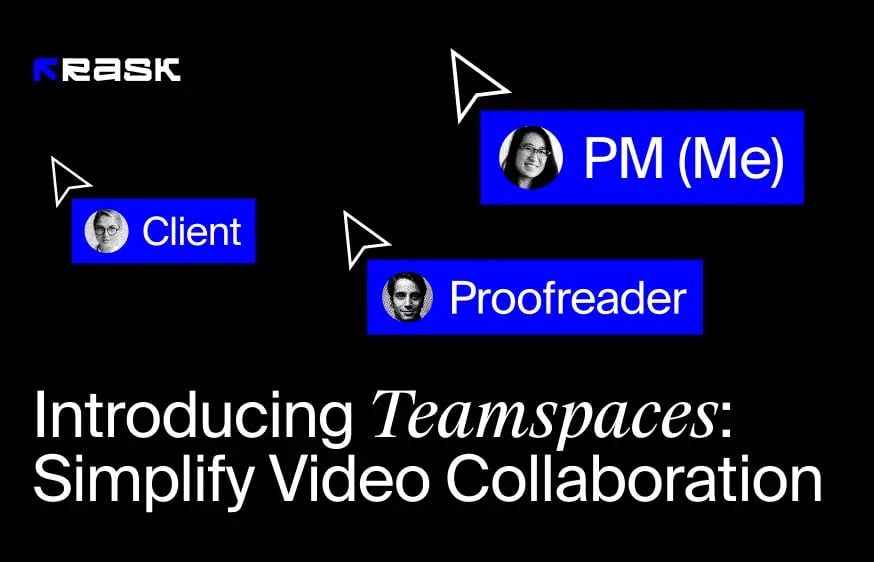
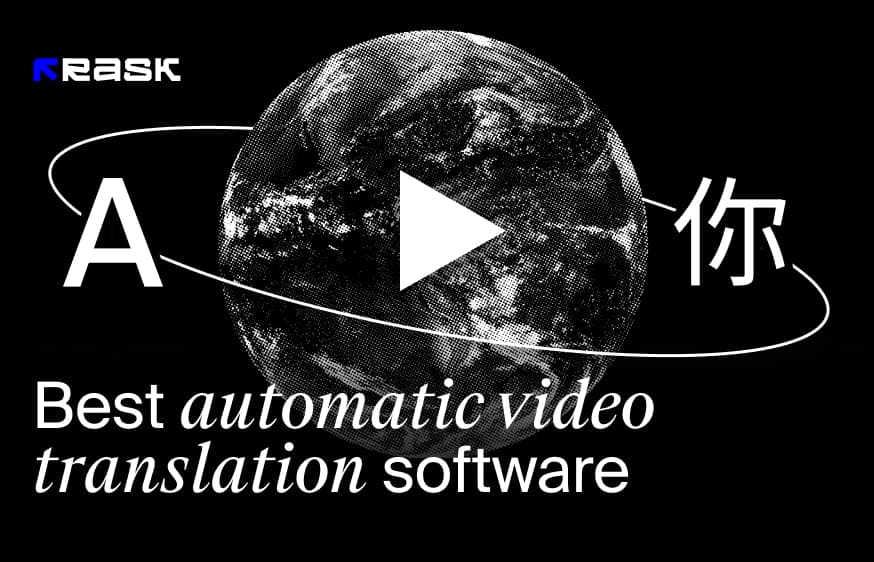
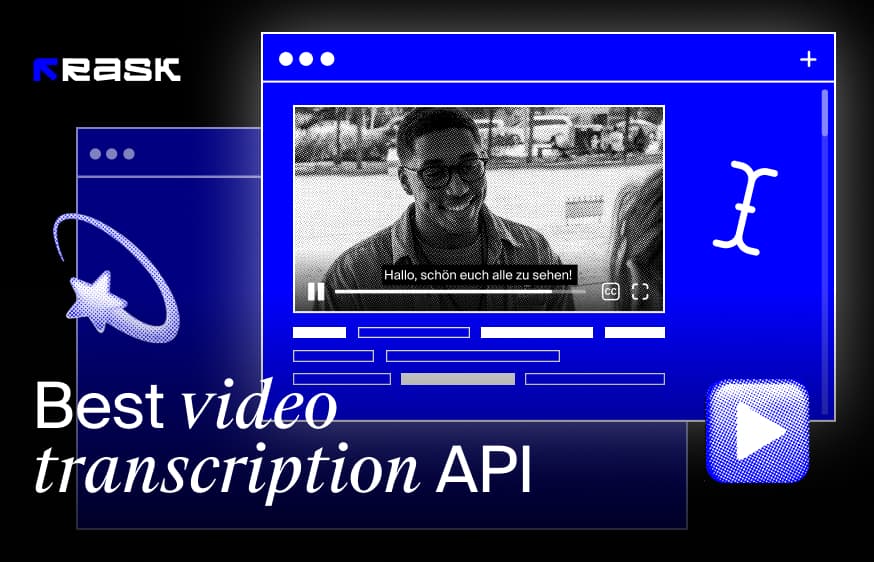
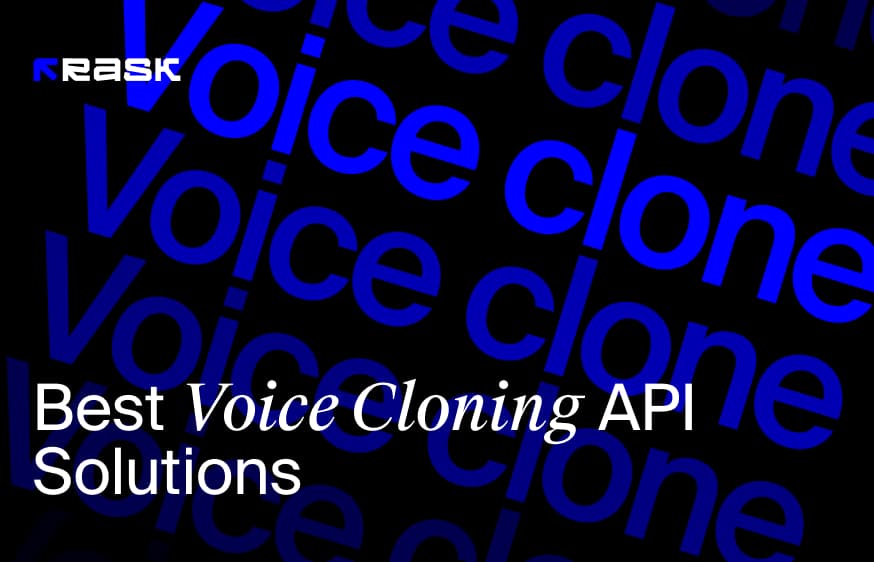
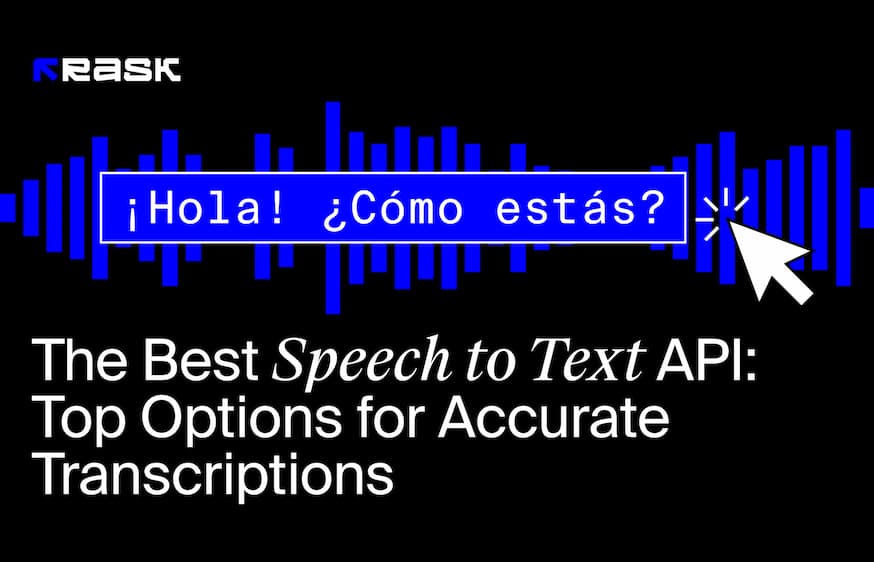
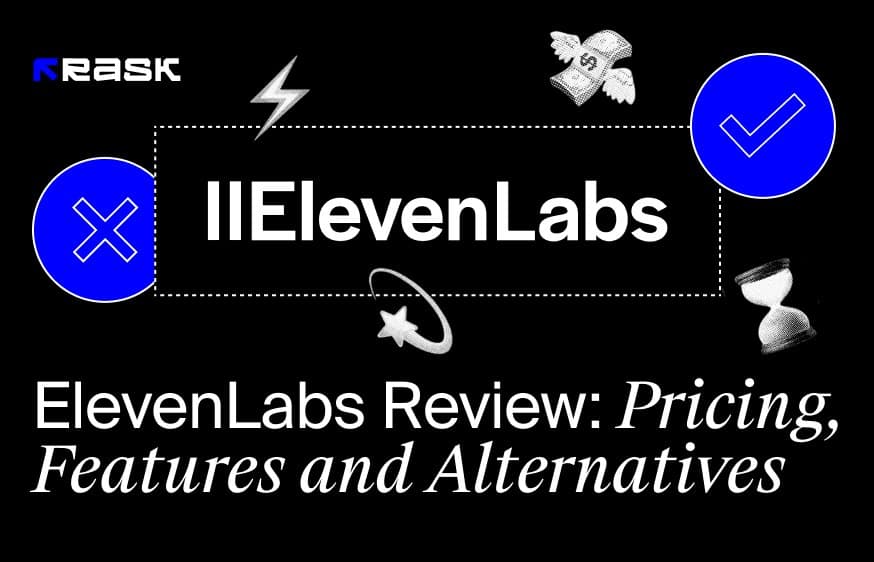
.jpg)
.webp)
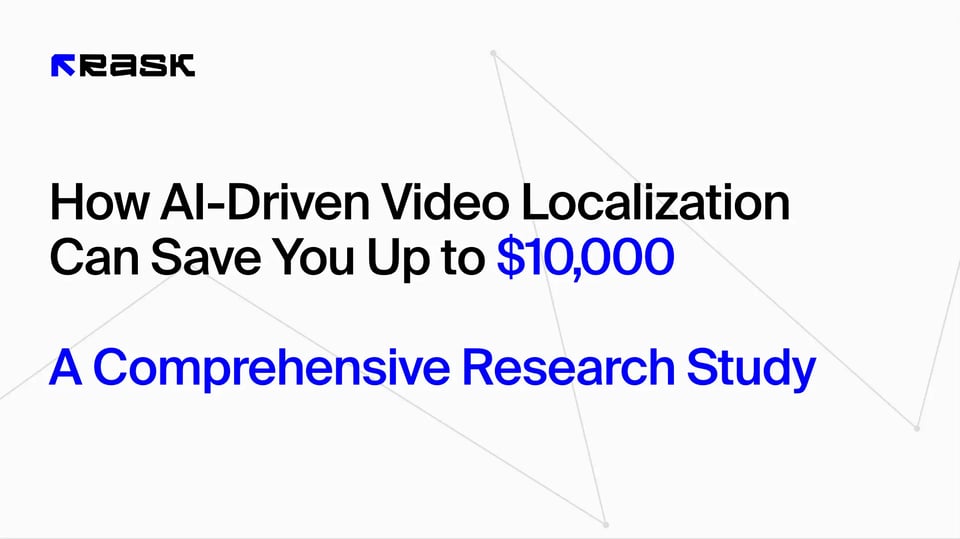
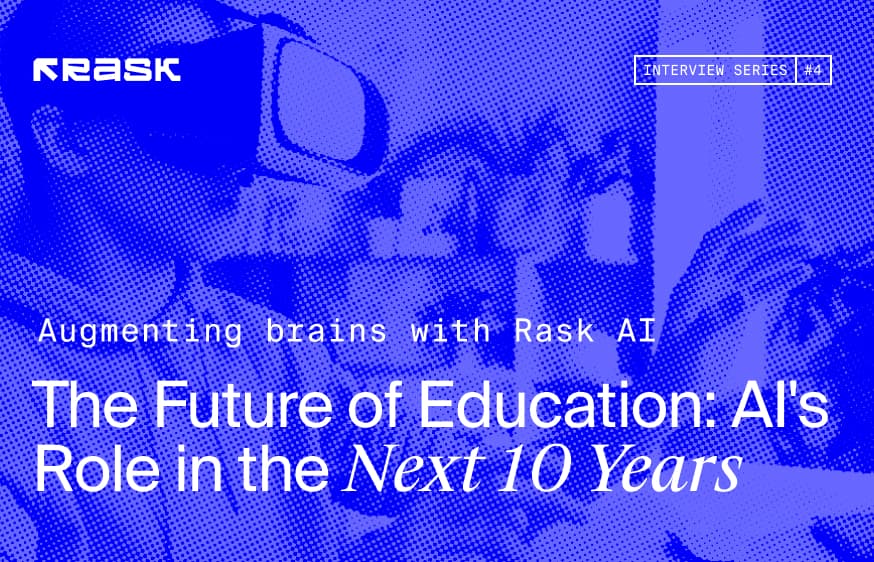
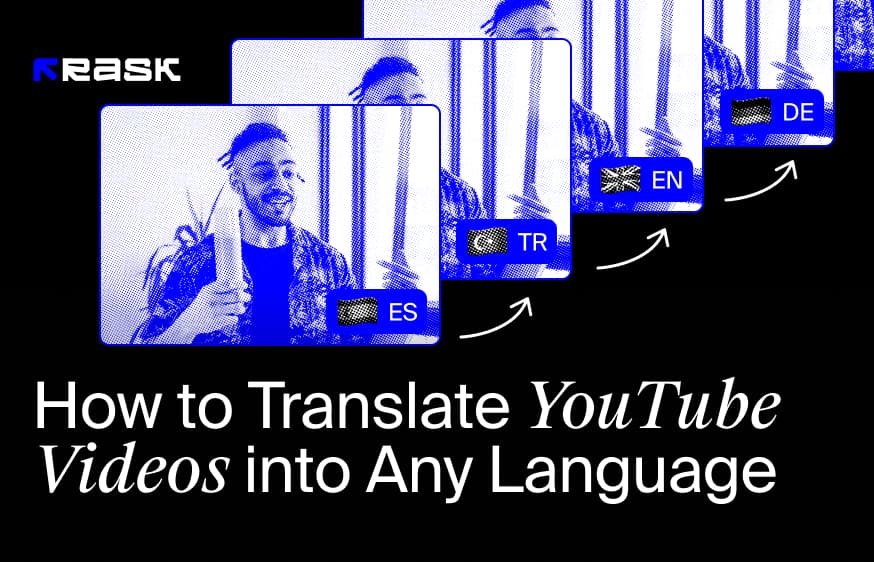
![सामग्री निर्माताओं के लिए 8 सर्वश्रेष्ठ वीडियो अनुवादक ऐप [2024 का]](https://rask.ai/cdn-cgi/image/width=960,format=auto,fit=scale-down/https://cdn.prod.website-files.com/63d41bc99674c403e4a7cef7/6668a3dcd3175bd1d1c73c81_Best%20video%20translator%20apps%20cover.webp)
![वीडियो स्थानीयकरण के लिए सर्वश्रेष्ठ एआई डबिंग सॉफ्टवेयर [2024 का]](https://rask.ai/cdn-cgi/image/width=960,format=auto,fit=scale-down/https://cdn.prod.website-files.com/63d41bc99674c403e4a7cef7/66685014f68137eb05c89c16_Cover.webp)
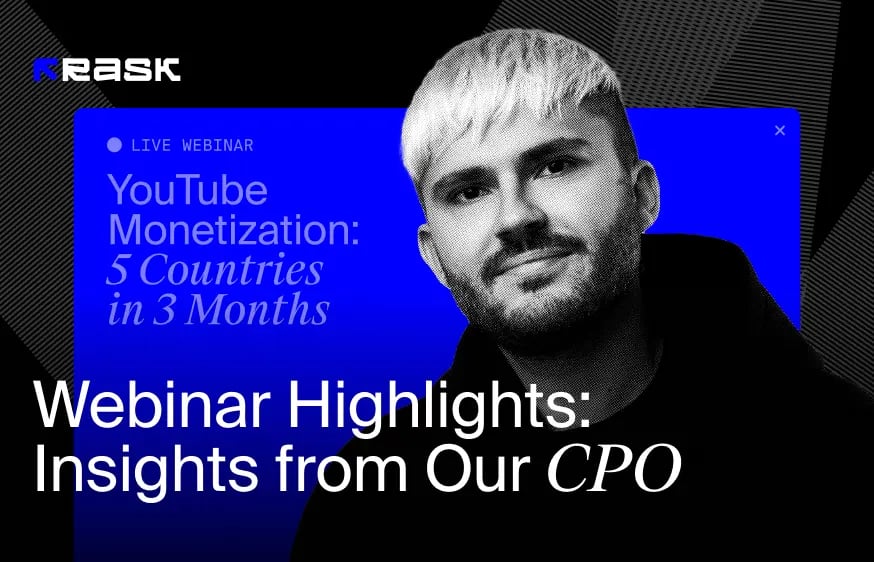
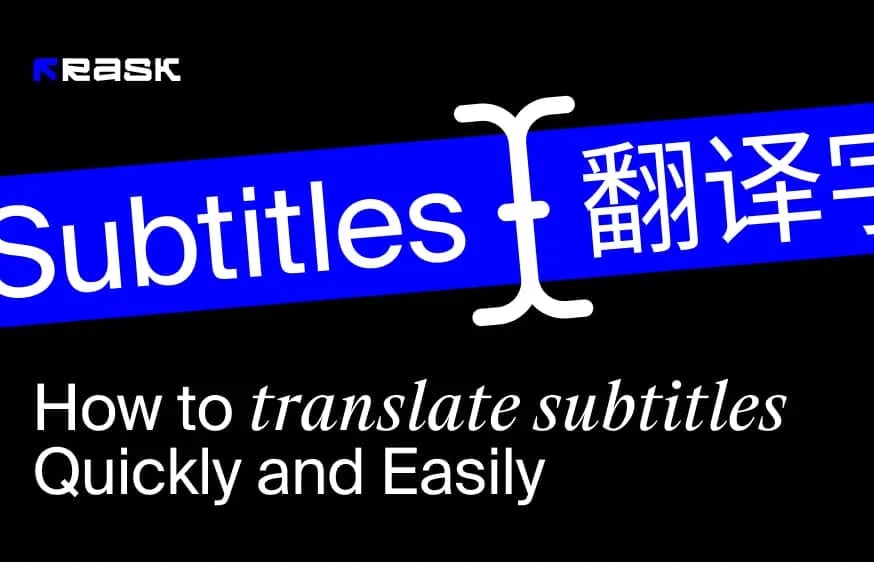
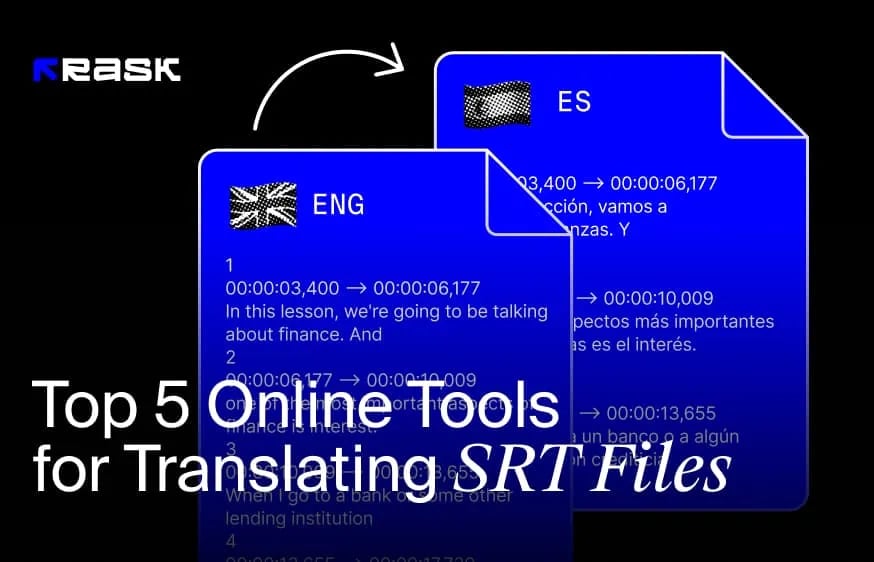
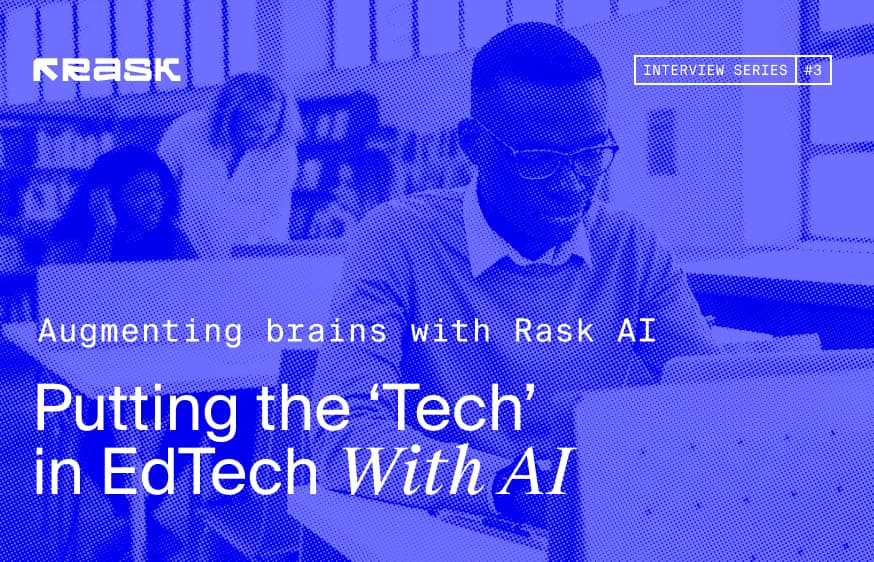
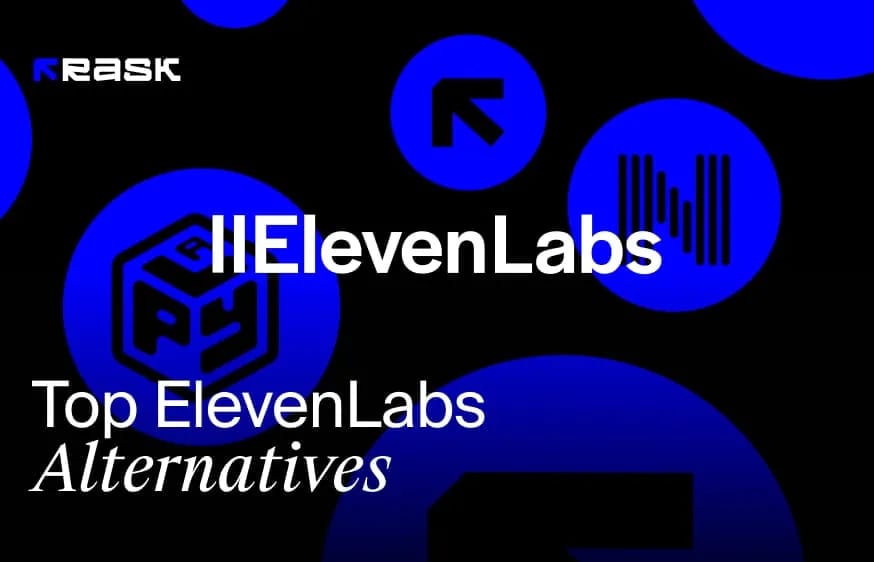
.webp)
